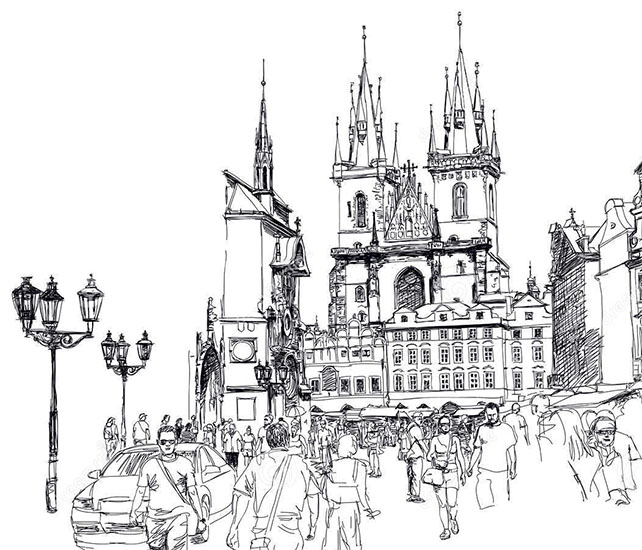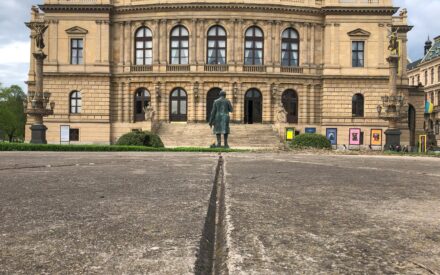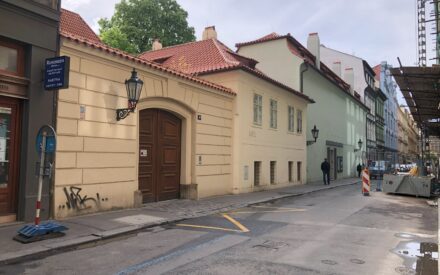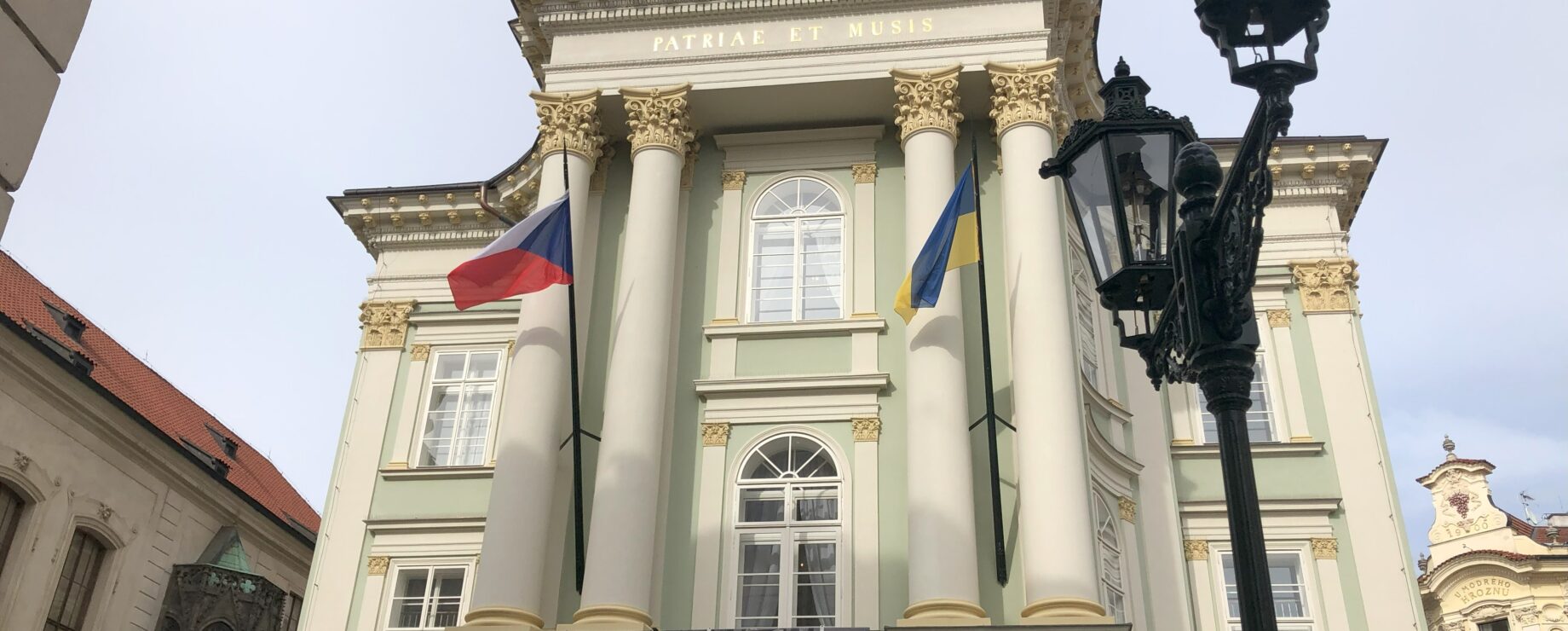
Susanne Jicha(-Götzl-Steinberg)
The opera singer Susanne Jicha came from Vimperk and expressed her singing and acting talents since her childhood. After Susanne Jicha’s death, Maria Anna Waldek described the early days of her career in the obituary published by the Waldheimat regional magazine.
Susanne Jicha’s mother was a citizen of the German empire and although she was not a music performer herself, she was gifted for music. No wonder her two daughters, Suse and little Trude, enjoyed singing and acting from a very young age. They developed a taste for the operetta. A chamber performance of the Rastelbinder operetta was organized for the relatives. A large carpet served as a stage and the two girls alone acted and sang all the roles. When Trude, who was very young at that time, broke off for a moment, her hot-tempered big sister Suse helped her get back to the part with a slap on her head.[1]
Susanne was sent to Prague to the singing teacher Marie Nedbalová who evaluated her talent and recommended Susanne for an opera singing career. Susanne also studied with the German opera singer and teacher Lilli Lehmann who had also started her music career in Prague. In 1912, Susanne was given her engagement in the German Theatre and continued to work there until 1930, having played the parts of Donna Anna, Donna Elvira, Salome, Katya Kabanova, Brünhilda and Jenůfa. In the part of Isolde in Wagner’s Tristan and Isolde in 1930, she bid farewell to the German Theatre in Prague to follow her husband Hans Wilhelm Steinberg, who was a conductor in this theatre from 1925, to Frankfurt, Germany.
The German-language newspaper Prager Presse described Susanne Jicha’s last performance in the following way:
The Tristan performance in the New German Theatre was even more touching than usual as the Praguers expressed indisputably how much they would miss the departing diva and how hard it was for them to say goodbye. The full house performance (although it had been just shown recently) was awarded with passionate and seemingly endless applause after each act, manifesting unforgettable impressions that Susanne Jicha’s long-term work had left in the audience’s hearts as a living memorial.[2]
On 30 May 1932 while travelling to Russia with her husband, Jicha collapsed and died aged 42. The Prager Presse informed about her death:
Susanne Jicha dies.
Received from Frankfurt, the news of Susanne Jicha’s untimely death will deeply affect anyone who came into contact with the German music and theatre life in Prague in the last two decades. Born in South Bohemia, she was the pride and mover of the opera ensemble throughout changing times, and one could hardly imagine the Prague music life without her. She was not only a singer with a unique voice format and a surprisingly wide range of emotional expression, but also a devoted personality – as a human being and as an artist, in her goals and in the use of her strengths, both in the theatre and in her life … There are not many opera performers capable of the singing artistry comparable to that of Susanne Jicha, especially in the most demanding parts … She will not be forgotten as long as there are witnesses of her voice. 3]
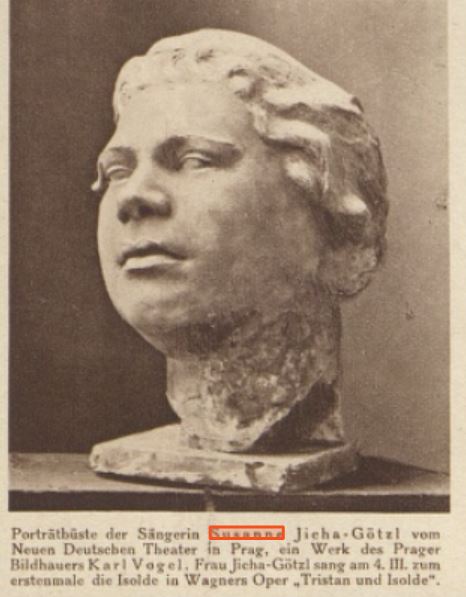
[1] Waldheimat 9 (1932), s. 11–12.
[2] Prager Presse (4. 11. 1930), s. 6.
[3] Prager Presse (3. 6. 1932), s. 8.
Zdroj vyobrazení:
Prager Presse, 7. 3. 1926, 6(10), s. 2.
Další místa na téma "Notable Women of German-Speaking Prague"
